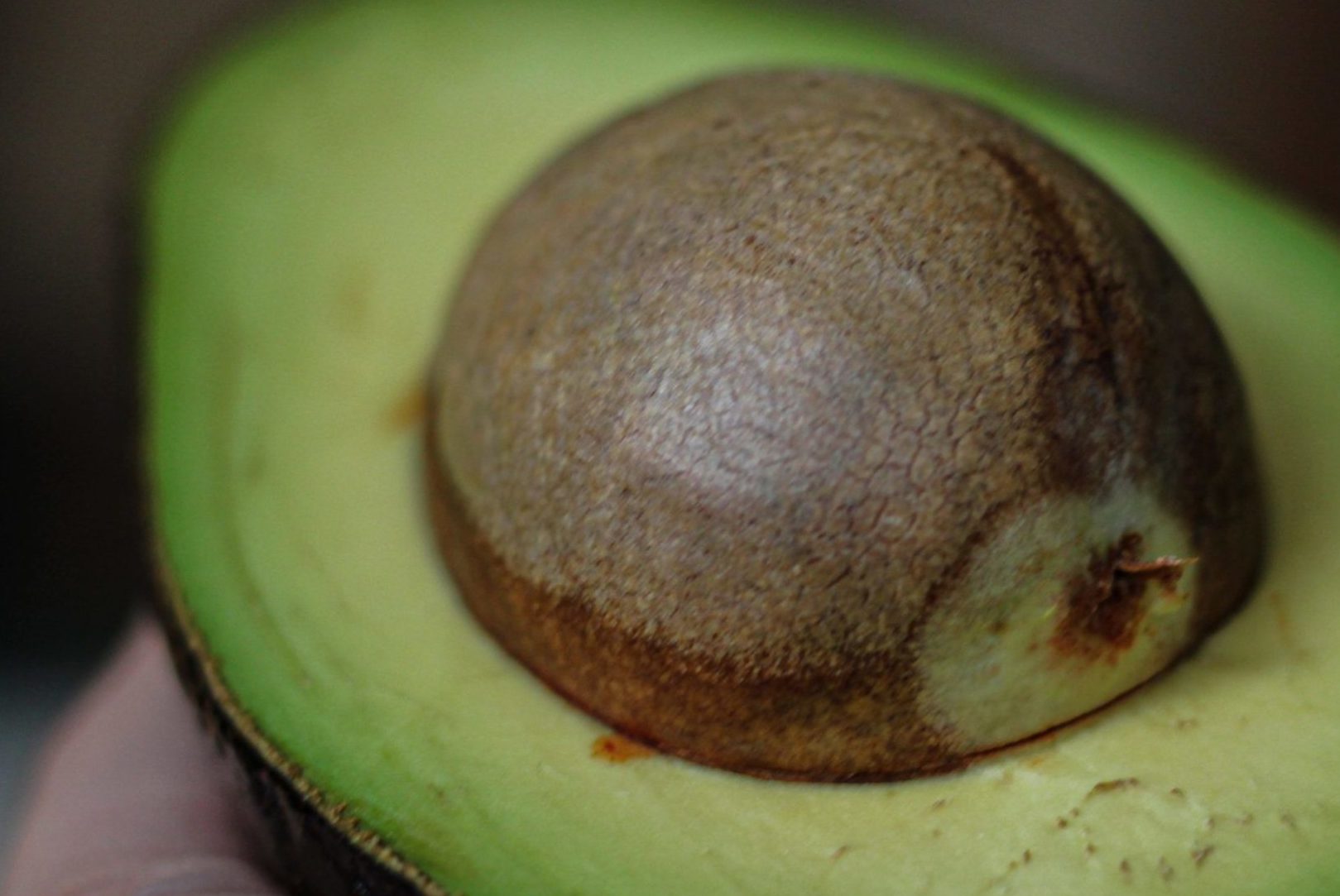Ketogenic diet, what to eat for a super metabolism
And let’s go back to talking about what is confirmed as the major dietary trend of recent years. Let’s talk about the ketogenic diet, and we do it through the new ketogenic diet of Dr. Stefania Cazzavillan, nutritionist biologist and graduate in genetics and mycotherapy. The doctor has just come out with a book with an evocative title: ” Supermetabolism with the ketogenic diet ” (Sperling).
Starting from her experience as a postmenopausal woman with weight problems and from that of many of her patients, Dr. Stefania Cazzavillan explains how she was reborn and how she managed to lose weight thanks to this particular diet, which allows the body to obtain energy from ketones instead of carbohydrates.
Starting from the ketogenic diet, what to eat to lose weight? And is it really possible to achieve super metabolism?
Let’s see it together.

KETOGEN DIET HOW IT WORKS
The doctor explains in the first part of her book why she thinks the ketogenic diet is the best not only for losing weight, but for staying young and healthy, reducing systemic inflammation and free radical damage, but also genetically transforming the one’s body, leading it from a compromised situation such as that of overweight and metabolic syndrome problems to a radical transformation. Less stress, higher quality of life, reduced body weight, more energy.
Having read her book, on this page we will see the main characteristics of the ketogenic diet according to the doctor: the next you will find sample menus. Let’s start with the characteristics: what does a ketogenic diet consist of? And what to eat on a ketogenic diet?
KETOGENIC DIET WHAT TO EAT FOR A SUPERMETABOLISM
-
The ketogenic diet is basically a high-fat diet.
About 70% of the diet is made up of foods and condiments that contain fat, especially if they are sedentary and have metabolic problems: 20% is made up of proteins, essentially from noble sources in this version. We mean proteins with high biological value and high digestibility, such as meat, fish, eggs, some types of cheeses and dried fruit.
-
The diet proposed by Dr. Cazzavillan is more a diet for omnivores and not vegan, but it can be adaptable to vegetarians.
-
Only 10% is made up of carbohydrates.
These will come mainly from non-starchy greens or vegetables (so to speak no carrots or beets) and a few fruits, including avocado and some red fruit.
-
This percentage as the doctor explains can vary, up to becoming a moderate low carb diet.
Provided that the subject is active and is not in the slimming phase.
-
The important thing is that, thanks to the diet, ketones can be produced, substances used by the body for energy purposes.
This is the essential condition that distinguishes the ketogenic diet from the Dukan, holoprotein or other low carb diets.
However, it should be understood as a way of life.
In essence, it is a dietary paradigm, a dietary model opposite to that with carbohydrates. We can of course also do it for short periods, but the basic idea is to adopt an alternative lifestyle. -
Another fundamental thing that makes the ketogenic diet of supermetabolism different from the classic ketogenic diets is the choice of fats.
Coconut oil, MCT oil (a special oil used for cold dressing with medium chain fats in a higher percentage than coconut oil), high quality butter, extra virgin olive oil and high quality lard.
-
The choice of protein foods is also essential to ensure the success of the diet as a tool for disease prevention and a good metabolism.
Organic meat, from game or from pasture farms, fish of certified origin, from sea and not from farms, organic eggs, from hens raised in the open and with selected feed.
-
What foods are excluded?
Most fruit, legumes, cereals, all simple sugars (apart from those with zero non-artificial calories, such as stevia or erythritol) and all products from cereals, vegan protein products such as seitan and muscle wheat, vegetable oils other than coconut, avocado or extra virgin olive oil.
The book has a recipe section and dessert lovers need not worry: you can also eat sweets in ketogenic.
























+ There are no comments
Add yours